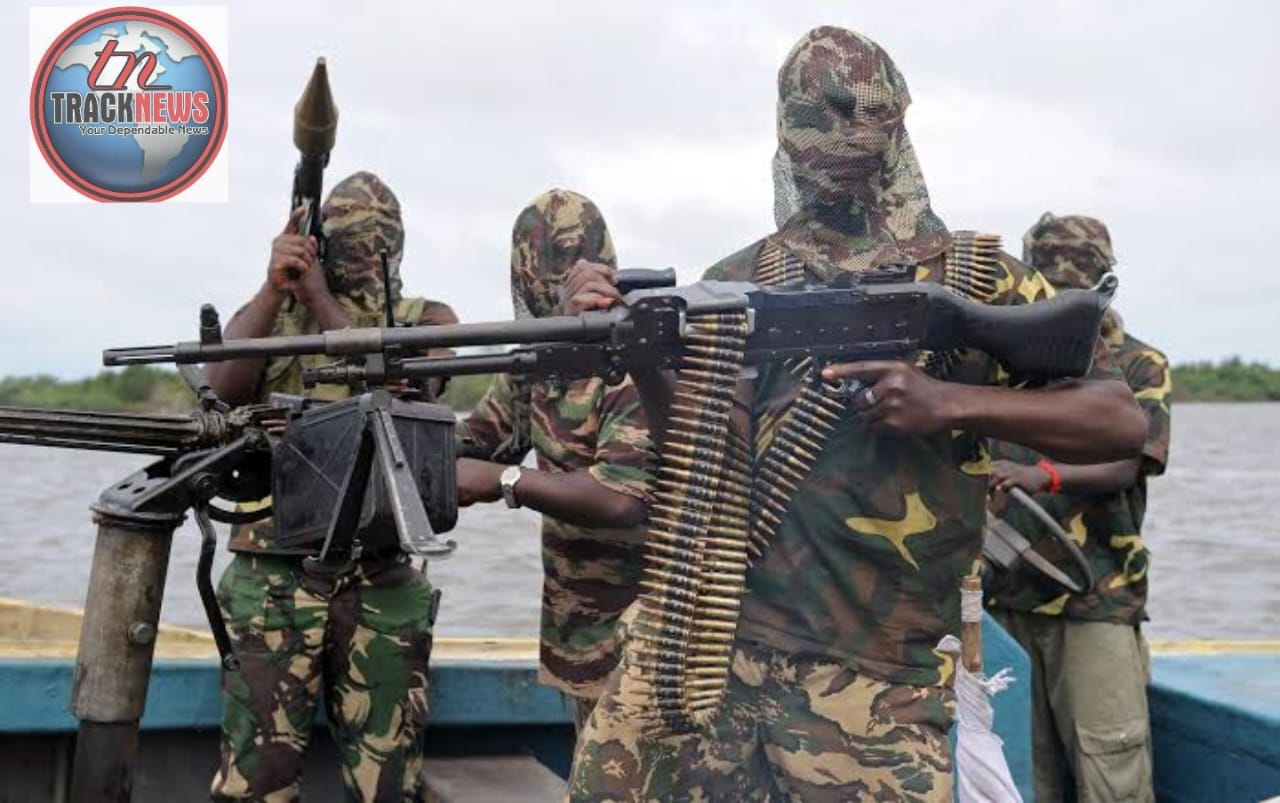Addressing Key Challenges at the Federal Polytechnic of Oil and Gas, Ekowe: A Path Toward Institutional Renewal to enhance productivity.
14th August, 2025.
Dear Sir/Madam,
I am writing this letter to you as an appeal to timely restore the leadership and operational concerns of the Federal Polytechnic of Oil and Gas, Ekowe, SILGA in Bayelsa State
As you are aware, this institution stands as a vital educational beacon in the Niger Delta region, with immense potential to transform lives, empower the local communities, and contribute meaningfully to national development, yet with an unreserved multifaceted challenges affecting its growth persistently.
The recent developments between the union and its leadership have revealed deep-seated leadership, operational, and engagement deficits that have continued to threaten the institution’s relevance and sustainability unchecked for a long time. These issues now demands urgent yet carefully considered intervention to remedy an already tensed situation on the ground as we speak.
The aim of this appeal is not only to restore effectiveness of the leadership but also to rebuild confidence among students, staff, the government, and the host community moving forward.
This is because there are growing concerns that the current leadership is widely perceived as compromised, which undermines its ability to fulfil its mandate.
While some of the concerns were bordered on the rector, illegal sale of vital resources either meant for the institution or the equipment from the former Government Technical college as alledged, in order to restore credibility of the institution and free from such alleged criminal tendancies tantamount to recking the establishment further, i call on the Federal Ministry of Education as well as its governing body to, as a matter of urgency, swing into action in initiating a comprehensive review of leadership performance against agreed benchmarks. This should be supported by capacity-building retreats for management, aimed at reinforcing accountability, transparency, and to also promote service-oriented values.
The establishment of an independent oversight committee should include representatives from government, staff unions, and the host community, to ensure that institutional decisions align with the school’s vision and long-term objectives.
A further challenge is the limited promotion of the institution. This may be caused by Rector’s brazen lack of enthusiasm in marketing the Polytechnic to its full potential, which has resulted in missed opportunities for student recruitment and institutional visibility. While a much targeted marketing and outreach programme should be launched – focusing on secondary schools within the Niger Delta region and beyond, essential partnerships with local media, alumni, and community leaders could also be considered to help raise awareness of what the Polytechnic’s offers.
Similarly, the introduction of short, professional courses are likely to attract working-class individuals and generate alternative revenue streams for the institution.
Operational inefficiency also appears to be compounded by the irregular presence of staff on campus to carry out their duties effectively, with many residing far from Ekowe and only attend to work in a supposed shift partern that is clearly counter productive, which may potentially be a violation or better still an illigal ways of working. This practice undermines both academic and administrative productivity should we wish to make the institution to be productive.
To collectively address this issue, a “residency requirement” policy should be enforced for all staff, including the Rector and senior management be domicile in the school premises as practicable in other institutions. A strict “no work, no pay” policy, supported by digital attendance monitoring, would help curb absenteeism and foster productivity.
At the same time, providing suitable accommodation and improving essential services in Ekowe could also make relocation more appealing for staff who may be transiting work from Yenagua, the Bayelsa state capital to and from.
The lack of robust internal and external oversight mechanisms means operational issues often go unchecked. Hence, an Internal Audit and Quality Assurance Unit should be established, tasked with submitting quarterly reports to the governing council and the Ministry. Similarly, annual external evaluations by independent education quality bodies would further ensure accountability and continuous improvement.
There is also a troubling disconnect between the federal government, school management, and the host community, which has fostered mistrust. While a quarterly stakeholder engagement forum involving federal officials, local leaders, and the institution’s management could bridge this gap, regularly published progress reports would als





